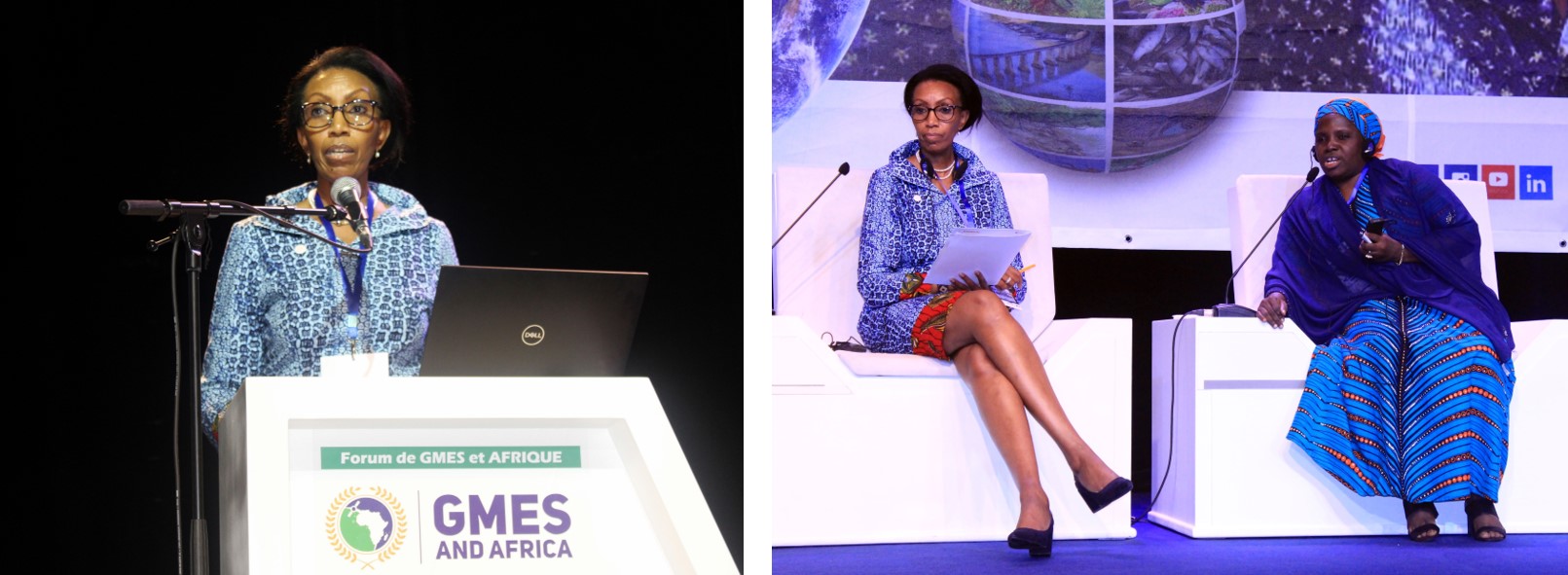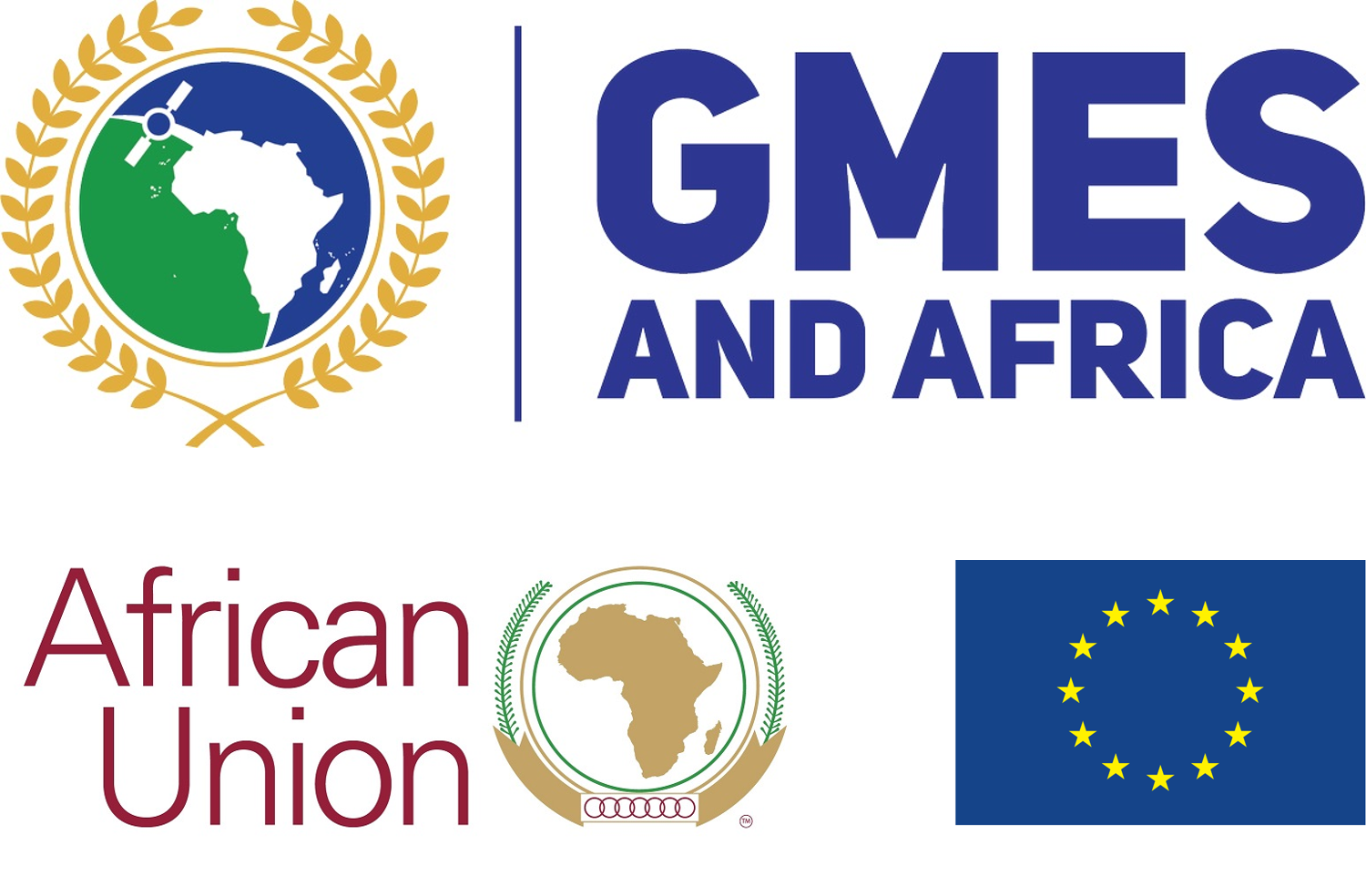The fourth session of the 1st GMES and Africa Forum started with a keynote address by the SASSCAL Executive Director, Dr Jane Olwoch, with the title “Tailor-made services for end users: challenges and opportunities”.
Dr Olwoch gave the audience an insight into SASSCAL, the WeMAST consortium leader, and how SASSCAL addresses the provision of services and products for its stakeholders. Dr Olwoch further discussed the challenges encountered for providing these products and services, which included the lack of collaborations and communication between institutions, the cost of providing these products and services, the lack of capacity for creating tailor-made products and services.

Dr Olwoch continued to explain that the shortage of data is not an challenge, however, the skill-set to harvest these data, to efficiently analyse and process them and moreover, to make make them available to the users, is the challenge.
The keynote address was followed by a panel discussion between Dr Olwoch, Bamaaji Rakiya Abdullahi (NASDRA), Georges Gulemvuga Guzanga (CICOS), Zoltan Szantoi (JRC), Patrick Omondi (Kenya Wildlife Authority) and Hedia Chakroun (l’Association Africaine pour la promotion du Geospatial) on the session topic “Tailor-made services for end users: challenges and opportunities”. Panelists stressed the importance of the “bottom-up” approach in ensuring that user needs are addressed and met and emphasised the linkages between the donor, the producer and the end-user.
Panelists agreed that we live in a “age of rich data” and that the shortage of data is not he challenge. “The data is there!” However, challenges were encountered in how to ensure that the data and information reaches the intended end-user. In this regard, the importance of creating creative solutions and exploring simple communication mediums such as for instance printed maps, fact sheets and pamphlets were mentioned by Dr Olwoch.
In addition to exploring creative solutions for communicating data and information to end-users, the need for capacity development was further emphasised, in order to ensure that the large amounts of Earth Observation (EO) data are processed, assimilated and analysed to produce smaller products that can be easily transmitted and distributed.



Leave a Reply